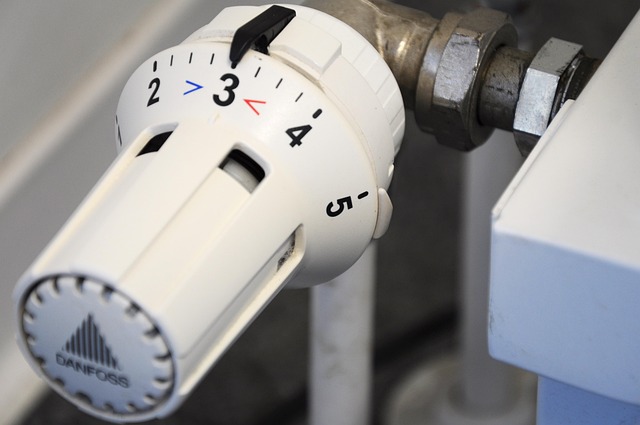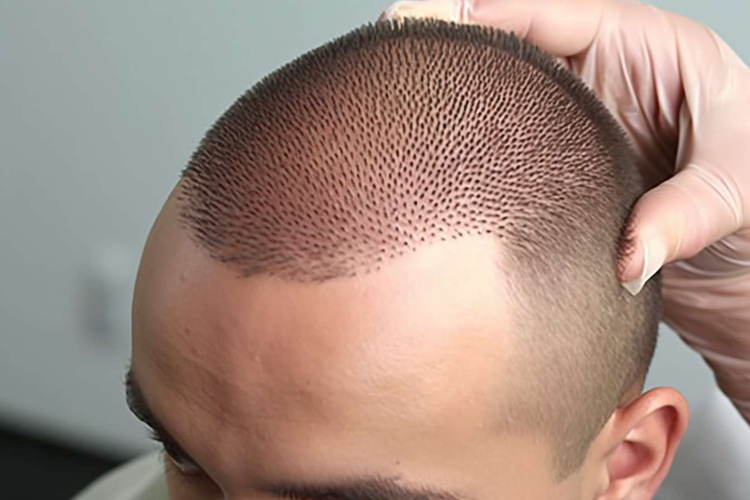Learn About What High Creatinine Blood Levels Mean For Older Adults - A Complete Guide
High creatinine blood levels in older adults can signal important changes in kidney function that require careful attention and monitoring. As we age, our kidneys naturally experience some decline in filtering capacity, making creatinine measurements particularly valuable for assessing overall health. Understanding what elevated creatinine levels mean, their causes, and when to seek medical attention empowers older adults and their families to make informed decisions about kidney health management.

What High Creatinine Blood Levels Mean For Older Adults
Creatinine levels serve as an important biomarker for kidney function in older adults. Normal creatinine levels typically range between 0.6-1.2 mg/dL for men and 0.5-1.1 mg/dL for women, though these values may vary slightly between different laboratories. In older adults, creatinine levels tend to be higher due to age-related decreases in kidney function and reduced muscle mass. When creatinine levels exceed these ranges, it often indicates that the kidneys aren’t filtering blood effectively.
High creatinine levels in seniors don’t always mean kidney disease is present. They can sometimes reflect dehydration, medication effects, or other temporary conditions. However, persistently elevated levels may indicate chronic kidney disease (CKD), which affects approximately 38% of adults over age 65. When creatinine builds up in the blood, it can lead to symptoms such as fatigue, nausea, swelling in the extremities, and changes in urination patterns. Long-term elevation may contribute to complications like anemia, bone disease, and increased risk of cardiovascular problems.
What Causes High Creatinine Levels in Older Adults
Several factors can contribute to elevated creatinine levels in seniors. Age-related kidney changes represent the primary physiological cause, as kidney function typically declines by about 1% per year after age 40. This natural reduction in filtering capacity can lead to higher baseline creatinine levels even without disease.
Certain medications commonly prescribed to older adults can affect creatinine levels. These include non-steroidal anti-inflammatory drugs (NSAIDs) like ibuprofen, certain antibiotics, and some blood pressure medications. Chronic conditions prevalent in the elderly population, such as diabetes, hypertension, and heart disease, can damage kidney function over time and raise creatinine levels.
Dehydration represents another common cause of temporarily elevated creatinine in older adults. Seniors are more susceptible to dehydration due to decreased thirst sensation and age-related changes in body water content. Additionally, dietary factors like high protein consumption can temporarily increase creatinine levels, as can excessive physical exertion, though this is less common among elderly individuals.
How Is Kidney Function Assessed in Older Adults
Healthcare providers use multiple methods to evaluate kidney function in seniors beyond just measuring creatinine levels. The estimated glomerular filtration rate (eGFR) calculation provides a more comprehensive assessment of kidney function by incorporating creatinine levels with factors like age, gender, weight, and race. For older adults, specialized eGFR formulas may be used that account for age-related changes in kidney function.
Blood urea nitrogen (BUN) testing often accompanies creatinine measurement, as the BUN-to-creatinine ratio can help differentiate between various kidney problems. Urinalysis allows clinicians to check for abnormal proteins, blood cells, or other indicators of kidney damage, while imaging studies such as ultrasounds or CT scans may be ordered to examine kidney structure and identify any abnormalities.
For more comprehensive evaluation, especially in cases where kidney disease is suspected, healthcare providers might recommend a 24-hour urine collection test. This measures creatinine clearance and provides a more accurate picture of kidney function than a single blood test. Some physicians also use cystatin C testing as an alternative marker for kidney function, which may be more reliable than creatinine in older adults with significant muscle loss.
When Should You Be Concerned About High Creatinine
While mild elevations in creatinine may not require immediate intervention, certain warning signs warrant prompt medical attention. Creatinine levels that are significantly above the normal range (more than 2.0 mg/dL) should prompt a medical consultation, especially if they represent a sudden increase from previous measurements. Rapid rises in creatinine levels, such as an increase of 0.3 mg/dL or more within 48 hours, may indicate acute kidney injury requiring urgent evaluation.
When elevated creatinine is accompanied by symptoms like swelling in the legs and ankles, shortness of breath, extreme fatigue, confusion, or changes in urination patterns, immediate medical attention is necessary. These may indicate advanced kidney dysfunction. Persistently high creatinine levels over multiple tests suggest chronic kidney issues rather than temporary fluctuations.
For older adults with pre-existing conditions like diabetes, hypertension, or heart disease, even modest increases in creatinine levels should be taken seriously, as these conditions increase the risk of kidney damage. Regularly scheduled kidney function tests are essential for these high-risk groups to monitor for changes that might require intervention.
Managing High Creatinine Levels in Older Adults
Treatment approaches for high creatinine levels focus on addressing underlying causes while implementing lifestyle modifications to support kidney health. Medical management typically involves controlling conditions that impact kidney function, such as diabetes and hypertension. Medication adjustments may be necessary, as certain drugs can affect creatinine levels or kidney function.
Dietary modifications often play a key role in management. A balanced diet with appropriate protein intake (typically 0.8g per kg of body weight for older adults with kidney concerns) helps reduce strain on the kidneys. Adequate hydration is crucial, though fluid intake may need to be monitored in those with advanced kidney disease. Limiting sodium, phosphorus, and potassium may be recommended based on individual needs and kidney function status.
Regular monitoring through blood tests allows healthcare providers to track creatinine levels and kidney function over time. For seniors with advanced kidney disease, a nephrologist can provide specialized care and determine if interventions like dialysis might eventually be necessary. Physical activity appropriate to the individual’s abilities can help maintain muscle mass and overall health, which indirectly supports kidney function.
Conclusion
High creatinine levels in older adults require thoughtful interpretation and management. Age-related changes in kidney function make regular monitoring important, especially for those with risk factors for kidney disease. While elevated creatinine can signal serious health concerns, it doesn’t always indicate an emergency. Working with healthcare providers to identify underlying causes, adjust medications when needed, and implement appropriate lifestyle changes can help protect kidney function and maintain quality of life for seniors.
This article is for informational purposes only and should not be considered medical advice. Please consult a qualified healthcare professional for personalized guidance and treatment.




